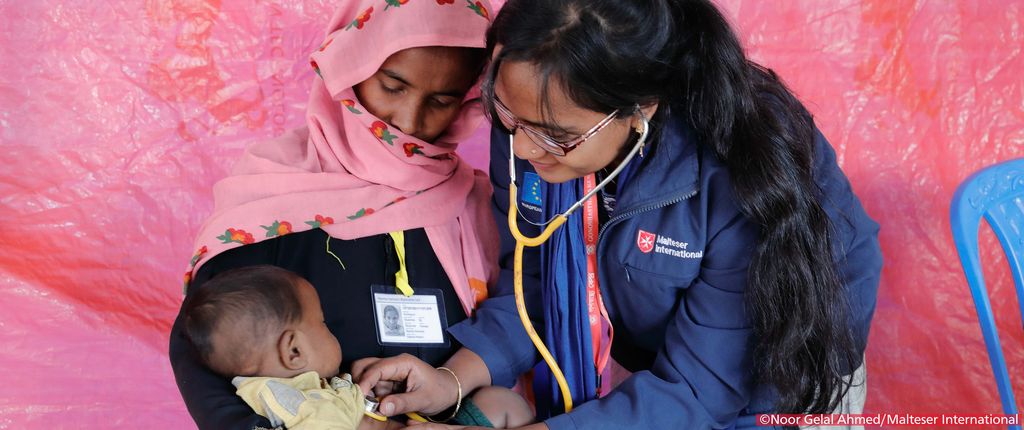Rajuma is only 30 years old, but has endured the most unimaginable horrors. The ethnic Rohingya woman from Myanmar was a survivor of a brutal massacre that occurred in her village, Tula Toli on August 30, 2017. According to various eyewitness accounts, about 300 people were killed, many of them women and children. Rajuma lost everyone in her family, except one of her five children. The pair managed to join hundreds of thousands of other Rohingya who escaped to Bangladesh. The mass exodus became known as the world’s fastest growing refugee crisis. According to the United Nations Refugee Agency (UNHCR), as of August 15, 2018, over 723,000 Rohingya have fled to Bangladesh since the attacks started on August 25, 2017.
Rajuma’s village was utterly destroyed. Harrowing reports from survivors reveal how families were forcefully separated, husbands from their wives and children from their parents. They tell of brutal executions of men and children – some burnt alive and some others shot dead. Many women, including young girls, were raped several times, and then killed.
Upon her arrival in Bangladesh, Rajuma was treated for her severe burns. Her injuries took about three months to heal, and left deep scars on her body. However, the brutal loss of her family leaves indelible marks on her soul. She escaped with her life, but Rajuma remains severely traumatized, and is regularly haunted by the horrifying memories of her loss.
Malteser International, the Order of Malta’s worldwide relief agency, immediately responded to the unprecedented influx of Rohingya refugees in Bangladesh. Its teams are currently operating three health stations in the refugee camps in Cox’s Bazar, providing basic medical care, therapeutic feeding for malnourished children and psychosocial support as well as hygiene and sanitation training. Over 60,000 patients have been treated with life-saving aid since the beginning of interventions.
August 25 marked the first anniversary of the beginning of the attacks on the Rohingya and the ensuing crisis. One year later, the camps are still desperately overcrowded and the refugee population is almost entirely reliant on external aid. Conditions in the camp have been worsened by the monsoon season. Meanwhile the UN yesterday declared that Myanmar military figures must be investigated for genocide in Rakhine state.










